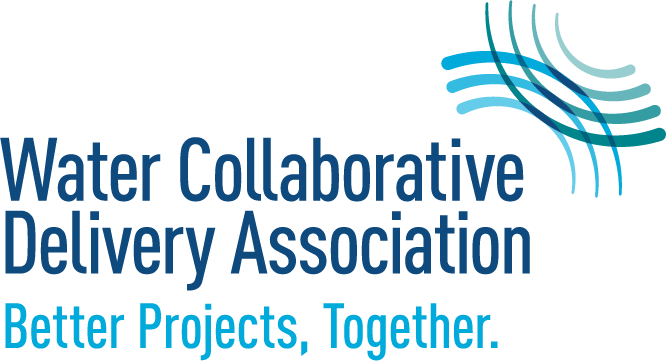The rules or guidelines underlying the process of determining which party in an agreement will assume each envisioned risk. In collaborative delivery contracts, risks should be allocated to the party best positioned to manage them. It is critical that all parties...
Projects
Risk/Responsibilities Matrix
A table, created by either the owner or the collaborative delivery firm and agreed to by both parties, that identifies potential project risks and allocates responsibility for each between the owner and the firm, with the objective of reducing the project's...
Risk Shifting
In allocating risk (e.g., between an owner and a project-delivery firm) holding one party responsible for a specific risk that is not within that party's ability to control.
Subrogation
A legal right, which an insurance carrier frequently reserves, to pursue a third party that caused an insurance loss to the insured as a means of recovering the amount of the claim the carrier paid to the insured. Collaborative delivery contracts generally include...
Surety Bond
A performance security, issued by a third party called a surety, that protects the owner by guaranteeing that the design-builder will perform its contractual obligations in designing and constructing the project, or that the CMAR firm will perform its obligations in...
Turnover
Milestone at which an operating facility is "handed back" to a public owner at the end of a private operations and maintenance contract term. May also apply to the transition from one operator to another. Typically associated with pre-defined facility condition or...
Uncontrollable Circumstances
Those acts, omissions, conditions, events, or circumstances that are beyond the control of the collaborative delivery firm and are not the fault of either the firm or others for whom the firm is responsible. Examples of uncontrollable circumstances include: acts or...
Value for Money
The result of a calculation to determine whether the potentially higher cost of private financing in a P3 project will be offset by potential benefits that the owner has identified as valuable (such as risk transfer, innovation, or schedule savings).
Waiver of Consequential Damages
A standard contract term incorporated in collaborative delivery contracts in which each party - the owner and the design-builder or CMAR firm - agrees not to hold the other party responsible for incidental, indirect, special, punitive, or consequential damages...

Transferring Risk: An Opportunity to Add Value Using Progressive Design-Build Delivery
Projects delivered under construction management at-risk (CMAR) and progressive design-build (PDB) contracts are becoming more common in the US water sector. Each method offers opportunities for an owner to accelerate schedule, collaborate more effectively with a project team, facilitate early consideration of construction issues, and receive insight into project cost. There are many similarities between these two delivery methods, but PDB offers one major differentiator: an opportunity for the owner to transfer additional risk.
